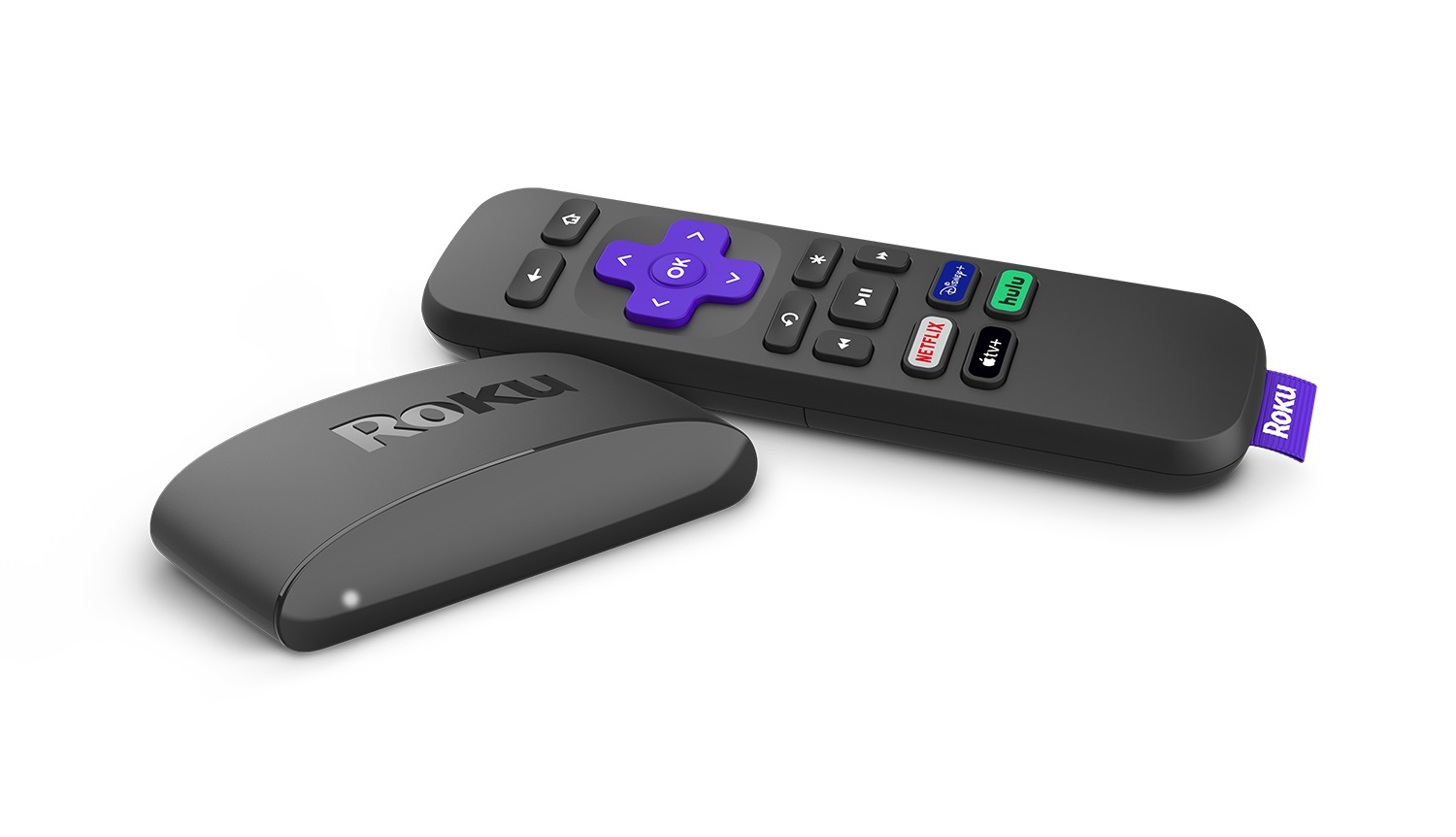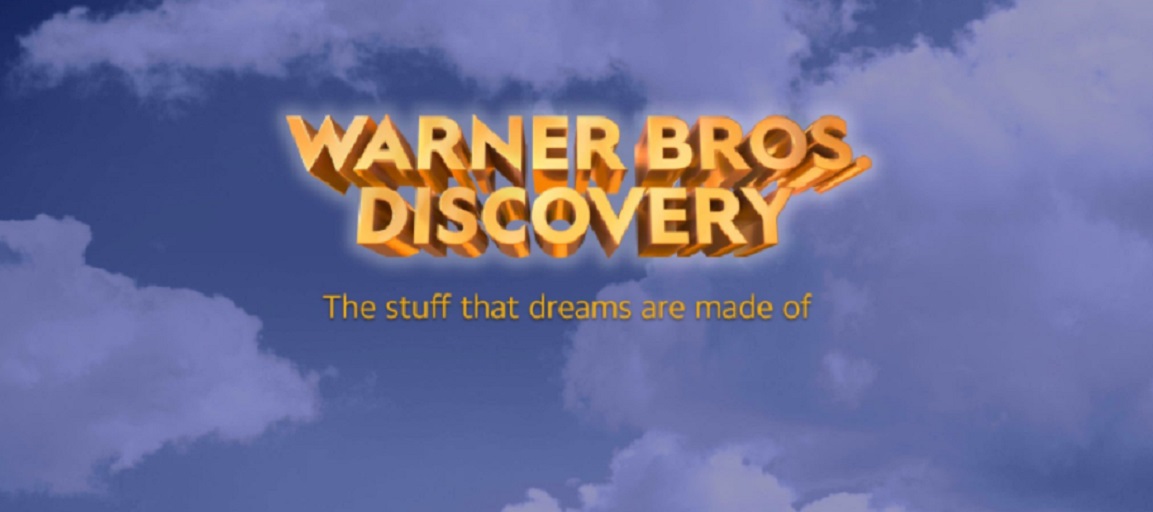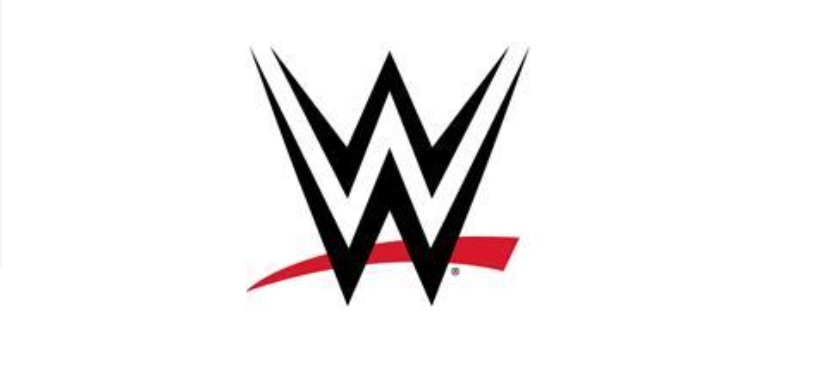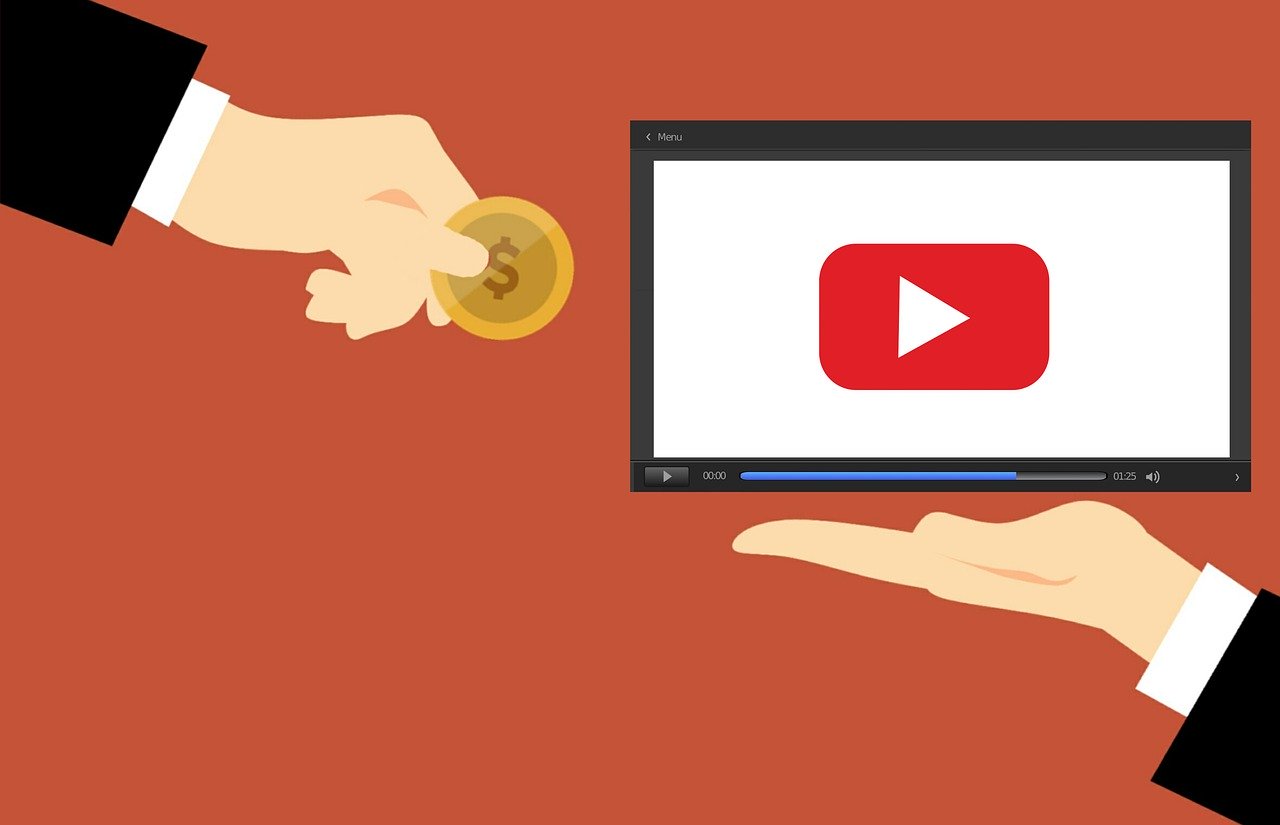Google and YouTube may be on the way to a throw-down over terms Google wants from Roku in order to carry YouTube TV. The live tv service, which is a totally different service from the standard YouTube short-form content channel, is a cable replacement service that users pay monthly for in order to stream channels like ESPN, etc.
A Roku spokesman said that Google is “attempting to use its YouTube monopoly position to force Roku into accepting predatory, anti-competitive and discriminatory terms that will directly harm Roku and our users.”
The standoff may remind customers of recent face downs between Roku and HBO Max, Roku and Peacock, Roku and the Spectrum app, and Roku and Fox. Each of these disputes is based on a different issue but what they all have in common is that powerful media companies find themselves up against the top smart TV platform system distributor. Each of the previous instances have been worked out with either new services being added to the platform, to the apparent benefit of both entities or with carriage of services remaining unchanged.
What is the problem?
Roku, in a letter to customers, said that Google is demanding that Roku highlight YouTube and Google-based services over the rest of the services that are offered via Roku’s OS including favoring YouTube music and highlighting YouTube results in Roku’s universal search.
There is also concern from Roku that Google could require it to use more expensive microchips in order to offer Google products. This could lead to price increases for Roku’s famously inexpensive devices.
Roku has had a strong working relationship with Google for years. The platform has supported Google Play Movies since the app began to appear on non-Android platforms. It was also one of the first to support YouTube TV.
It is believed that the standoff has more to do with user data than anything else. While Roku is not asking Google for any more money in order to extend agreements for YouTube TV and the YouTube app, which will expire in days, data is as important currency as cash is in the information age. Google uses it to make money by leveraging it for advertising.
Could Roku lose YouTube as well?
That is the question on the minds of most YouTube users who own Rokus. The free app is far more utilized than YouTube TV or for that matter, every pay-TV app on the platform combined. Roku’s agreement to offer YouTube is coming up as well. So yes, if Google were to play hardball Roku users could lose YouTube as a service. The impact of such a loss would likely be far greater than the TV service which has around 3 million users combined who access it from multiple platforms.
Google Has pulled YouTube from other platforms before
To those who say Google would never yank its apps off Roku, don’t be so sure. Amazon found itself without a YouTube app a few years ago do to a spat between the two companies. Amazon users though had a number of workarounds to the problem from sideloading apps meant for Google’s official Android TV platform to utilizing browsers built for the Fire TV to essentially replace the app experience completely. Eventually, Google and Amazon worked things out.
Roku has not always offered YouTube
There was a time in the early days of streaming when the two top devices on the market were Apple TV and Roku. Both were rather primitive compared to their current forms. One of the major differences between app offers on the devices was that Apple TV offered a YouTube app and Roku did not. At the time the streaming device market was in its infancy. There was no Fire TV or Android TV and most people accessed Netflix via computers or even the Nintendo Wii. Roku users were forced to use workarounds like Videobuzz that accessed and linked to YouTube’s videos. But as streaming became more mainstream and Roku began to hold weight in the market YouTube found its way onto the product.






